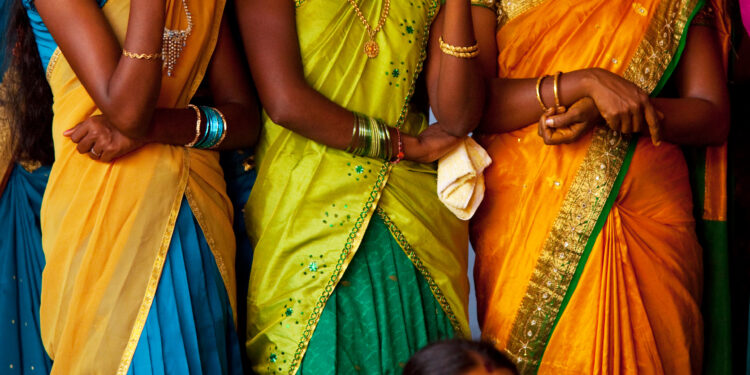A nationwide strike by doctors in India has intensified following the horrific rape and murder of a trainee doctor in Kolkata. The victim, a resident doctor at RG Kar Medical College and Hospital, was found dead last Friday with signs of sexual assault and multiple injuries. The incident has sparked widespread outrage across the country, with medical professionals demanding immediate action to ensure the safety of health workers.
The strike, led by the Federation of Resident Doctors Association (FORDA), has seen around 300,000 doctors from various states halting elective services indefinitely. The protesting doctors are calling for the case to be fast-tracked through the courts and for the establishment of a protective committee dedicated to safeguarding health workers. In cities like Kolkata, Delhi, and Hyderabad, doctors have held candlelight vigils and protests, holding signs that read “Save our doctors, save our future,” “We want justice,” and “Hang the rapist, save the women.”
The West Bengal Chief Minister, Mamata Banerjee, expressed her shock over the incident and supported the demands for a swift investigation. The strike highlights the ongoing issue of violence against health workers in India. A 2015 survey by the Indian Medical Association found that 75% of doctors in the country had faced some form of violence, a statistic that resonates deeply in the wake of this recent tragedy.
The case has drawn parallels with other high-profile incidents of violence against women in India, most notably the 2012 gang-rape of a medical student in New Delhi. Despite legal reforms introduced in 2013, which expanded the definition of rape and increased penalties for sexual violence, the country continues to struggle with high rates of such crimes. In 2022 alone, 31,516 rape cases were reported, averaging 86 per day, although experts believe the actual number is much higher due to underreporting.
Protests have erupted across the nation, with Prime Minister Narendra Modi saying, “There is anger for atrocities committed against our mothers and sisters…Crimes against women should be quickly investigated; monstrous behavior against women should be severely and quickly punished…That is essential for creating deterrence and confidence in the society.”
As the strike continues, the medical community is urging the government to take stronger measures to protect women and healthcare workers, emphasizing that without significant action, such tragedies will continue to occur. The case has once again brought to the forefront the critical need for systemic change in addressing violence against women in India.










